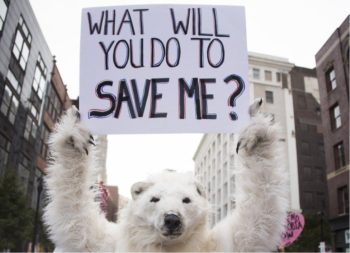
Despite his findings being squarely in the mainstream of his academic specialty, for stating them publicly Pielke Jr. was vilified, bullied and eventually harassed into quitting the field.
Conservative MP Lisa Raitt tweeted a link to my article. As if to prove the point of the story, the climate mob quickly vilified, bullied and harassed her into deleting her tweet.
I wrote Lisa an open letter, hoping she would notice the pattern.
Legions of self-appointed “fact checkers” readily ignore even the most deranged exaggerations by politicians if they serve the cause of alarmism but will pile on aggressively and relentlessly against any efforts to bring evidence into the discussion.
But let us not be deterred. The evidence is in the relevant sections of the past Intergovernmental Panel on Climate Change Assessment Report, which I will now quote at length.
Read these paragraphs and ask yourself if the word “emergency” applies. Ask yourself if it sounds anything like what you have been repeatedly told by our environment minister and the prime minister, who speak so often about these things.
Flooding:
“In summary, there continues to be a lack of evidence and thus low confidence regarding the sign of trend in the magnitude and/or frequency of floods on a global scale.” (p. 214)
To which they added, in their 2012 report on the subject,
In the United States and Canada during the 20th century and in the early 21st century, there is no compelling evidence for climate-driven changes in the magnitude or frequency of floods. (p. 176)
Droughts:
In summary, the current assessment concludes that there is not enough evidence at present to suggest more than low confidence in a global-scale observed trend in drought or dryness (lack of rainfall) since the middle of the 20th century, owing to lack of direct observations, geographical inconsistencies in the trends, and dependencies of inferred trends on the index choice. (p. 215)
The report goes on to point out that there is a decreasing trend in droughts in central North America.
SEE ALSO: Blaming Extreme Weather On Man-Made Global Warming Is Political Theater
Precipitation:
In summary, confidence in precipitation change averaged over global land areas is low for the years prior to 1950 and medium afterward because of insufficient data, particularly in the earlier part of the record.
Available globally incomplete records show mixed and non-significant long-term trends in reported global mean changes.
Further, when virtually all the land area is filled in using a reconstruction method, the resulting time series shows less change in land-based precipitation since 1900. (p. 202 )
Extreme precipitation:
(It) is likely that since 1951 there have been statistically significant increases in the number of heavy precipitation events (e.g., above the 95th percentile) in more regions than there have been statistically significant decreases, but there are strong regional and subregional variations in the trends.
In particular, many regions present statistically non-significant or negative trends, and, where seasonal changes have been assessed, there are also variations between seasons. (pp. 213-14)
Additionally, Environment Canada continues to maintain that “the observational record has not yet shown evidence of consistent changes in short-duration precipitation extremes across (Canada).”
Here is what the IPCC said about tornado trends in its 2012 report:
There is low confidence in observed trends in small-scale phenomena such as tornadoes and hail because of data inhomogeneities and inadequacies in monitoring systems. (p. 151).
They went on to say they don’t know if there is a connection with greenhouse gases because some changes could increase conditions conducive to tornado formation and others could decrease them.
And there’s more. Read the presentation by Roger Pielke Jr. that started this whole episode. Hurricane intensity and landfalls, hurricane-related flooding and tropical cyclones all fail to exhibit significant trends.
SEE ALSO: Why Scientists Who Know Climate Change Isn’t Causing Extreme Weather Stay Quiet
Weather-related damages are growing because population and wealth are growing, but it hasn’t been attributed to climate change.
The IPCC does say that as temperatures have gone up in many places, maximum temperatures have gone up, though less than minimum temperatures. So there’s that.
But in Environment Canada’s recent report on Canada’s Changing Climate, most of what they say about heatwaves concerns model predictions of the future.
Regarding observed trends, they conclude:
For North America and Central America, there is medium confidence that more regions have experienced increases in heatwaves and warm spells than have experienced decreases. (p. 34)
That’s about it.
Apocalyptic rhetoric about extreme weather continues to ramp up as politicians try to menace Canadians into backing their climate policies.
Clip out this column, keep it close at hand, and quote from the experts when the occasion arises. Just be prepared to be dismissed as a science denier.
Ross McKitrick is a Professor of Economics at the University of Guelph and a Senior Fellow of the Fraser Institute. For the full version of his “Dear Lisa” letter, click here.
Read more at the Financial Post


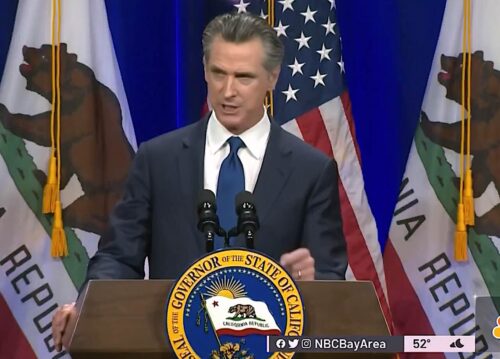
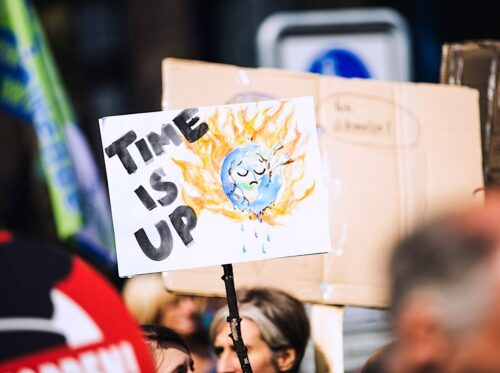
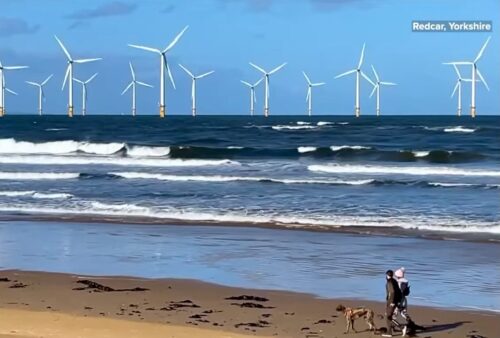










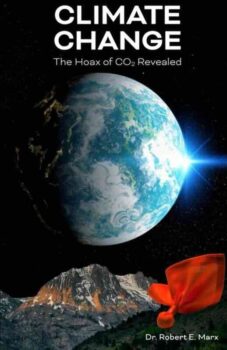
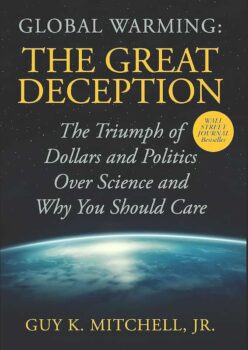


They dare NoT discuss the phenomenon of “Atmospheric Rivers”. In the late 1,700’s Californias NAPA Valley was under 30′ of water.
I witnessed one in 1959, and again in 2004.
Good summary . Even the IPCC can’t hide the fraud forever .
In ten years or so it will be about global cooling in celebration of the
50’th anniversary of the earth as an ice ball scare .
Now that might be something to wet the bed about .
When I step up to the ballot box, there’s no goon squad waiting for me.